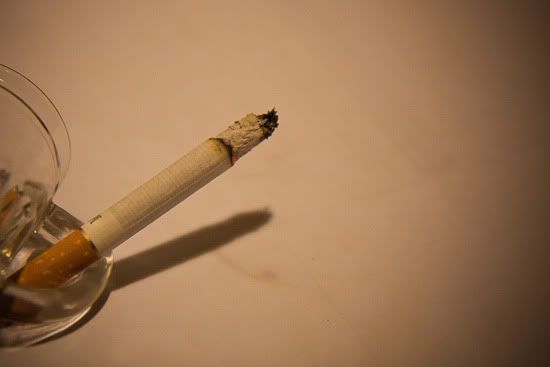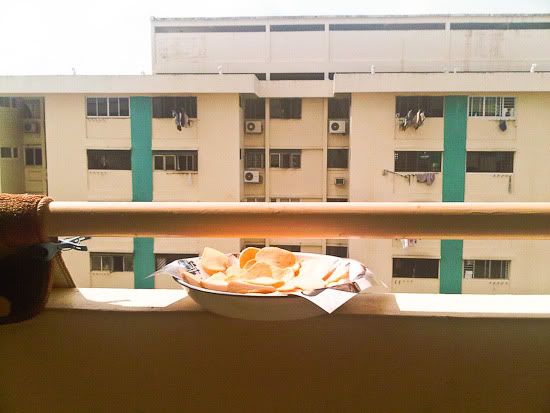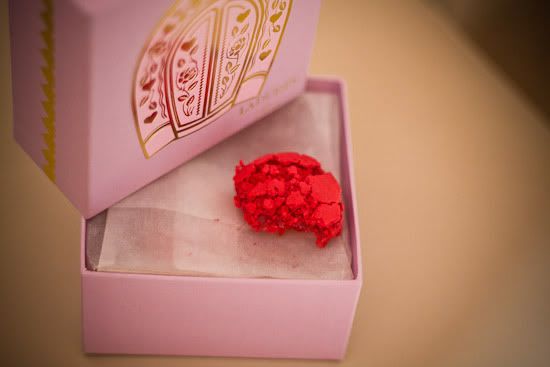
Camera-phone series #35.
 Ted is an engineer. In pre-arthritic days, he used to dance on the hot tin roof, on the pretext of fixing pipes.
Ted is an engineer. In pre-arthritic days, he used to dance on the hot tin roof, on the pretext of fixing pipes.

 Armistice Day this year is 11 am, 11 Nov 2011.
Armistice Day this year is 11 am, 11 Nov 2011.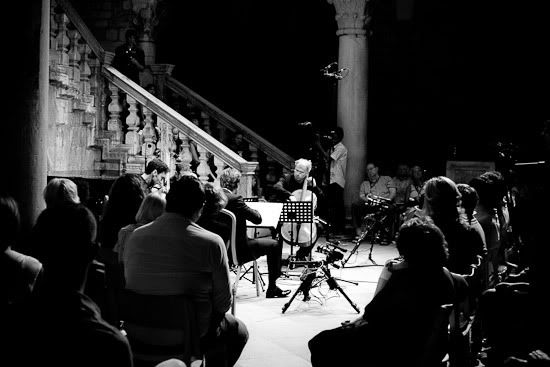


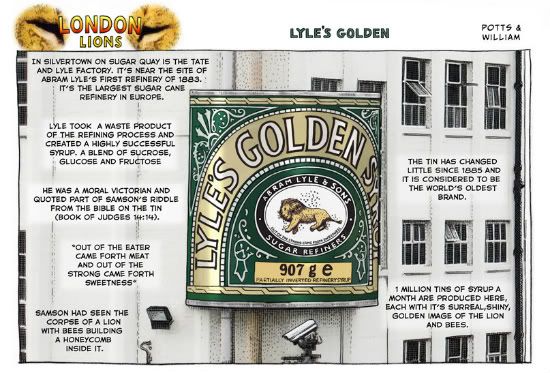
Out of the eater came forth meat,
Out of the strong came forth sweetness.
Grant of pardon, etc.
22P. —(1) The President, as occasion shall arise, may, on the advice of the Cabinet —
(a) grant a pardon to any accomplice in any offence who gives information which leads to the conviction of the principal offender or any one of the principal offenders, if more than one;
(b) grant to any offender convicted of any offence in any court in Singapore, a pardon, free or subject to lawful conditions, or any reprieve or respite, either indefinite or for such period as the President may think fit, of the execution of any sentence pronounced on such offender; or
(c) remit the whole or any part of such sentence or of any penalty or forfeiture imposed by law.
(2) Where any offender has been condemned to death by the sentence of any court and in the event of an appeal such sentence has been confirmed by the appellate court, the President shall cause the reports which are made to him by the Judge who tried the case and the Chief Justice or other presiding Judge of the appellate court to be forwarded to the Attorney-General with instructions that, after the Attorney-General has given his opinion thereon, the reports shall be sent, together with the Attorney-General’s opinion, to the Cabinet so that the Cabinet may advise the President on the exercise of the power conferred on him by clause (1).
21. —(1) Except as provided by this Constitution, the President shall, in the exercise of his functions under this Constitution or any other written law, act in accordance with the advice of the Cabinet or of a Minister acting under the general authority of the Cabinet.
(2) The President may act in his discretion in the performance of the following functions:...However, Siew implicitly argues that para 21 contains an exhaustive listing of all the decisions that the President has discretion to decide. Since the death sentence pardon in para 22P falls outside of para 21, there is no discretion allowed.
»CONSTITUTION OF THE REPUBLIC OF SINGAPORE
Discharge and performance of functions of President
21. —(1) Except as provided by this Constitution, the President shall, in the exercise of his functions under this Constitution or any other written law, act in accordance with the advice of the Cabinet or of a Minister acting under the general authority of the Cabinet.
(2) The President may act in his discretion in the performance of the following functions:
(a) the appointment of the Prime Minister in accordance with Article 25;
(b) the withholding of consent to a request for a dissolution of Parliament;
(c) the withholding of assent to any Bill under Article *5A, 22E, 22H, 144 (2) or 148A;
*Article 5A was not in operation at the date of this Reprint.
(d) the withholding of concurrence under Article 144 to any guarantee or loan to be given or raised by the Government;
(e) the withholding of concurrence and approval to the appointments and budgets of the statutory boards and Government companies to which Articles 22A and 22C, respectively, apply;
(f) the disapproval of transactions referred to in Article 22B (7), 22D (6) or 148G;
(g) the withholding of concurrence under Article 151 (4) in relation to the detention or further detention of any person under any law or ordinance made or promulgated in pursuance of Part XII;
(h) the exercise of his functions under section 12 of the Maintenance of Religious Harmony Act (Cap. 167A); and
(i) any other function the performance of which the President is authorised by this Constitution to act in his discretion.

 Sunset with 63,000 people and the Black Eyed Peas in Hyde Park. Rocked out!
Sunset with 63,000 people and the Black Eyed Peas in Hyde Park. Rocked out!A Cassandre
Mignonne, allons voir si la rose
Qui ce matin avoit déclose
Sa robe de pourpre au Soleil,
A point perdu cette vesprée
Les plis de sa robe pourprée,
Et son teint au vôtre pareil.
Las ! voyez comme en peu d'espace,
Mignonne, elle a dessus la place
Las ! las ses beautés laissé choir !
Ô vraiment marâtre Nature,
Puis qu'une telle fleur ne dure
Que du matin jusques au soir !
Donc, si vous me croyez, mignonne,
Tandis que votre âge fleuronne
En sa plus verte nouveauté,
Cueillez, cueillez vôtre jeunesse :
Comme à cette fleur la vieillesse
Fera ternir votre beauté.
Ode To Cassandra
Mignonne, come let us see if the rose
Which this morning opened
Her robe of crimson to the sun,
Has not already lost, at evening,
The folds of her crimson robe,
And her complexion, so like your own.
Alas, see how in such short a time,
Mignonne, she has, from above,
Alas, Alas, let her beauty fall!
O Nature, truly cruel,
That such a flower should endure
Only from morning till evening.
Now, if you would believe me, mignonne,
While your young age is in flower
In its verdant freshness,
Pluck, pluck your youth,
Since, as with this flower, old age
Shall tarnish your beauty.
- Pierre de Ronsard, 1524-1585
Cueillez, cueillez vôtre jeunesse :
Comme à cette fleur la vieillesse
Fera ternir votre beauté.
Pluck, pluck your youth,
Since, as with this flower, old age
Shall tarnish your beauty.
Be merry ere your beauty flit,
For length of days will tarnish it
Like roses that were loveliest.
Do take advantage of your youthful bloom:
As it did to this flower, the doom
Of age will blight your beauty.


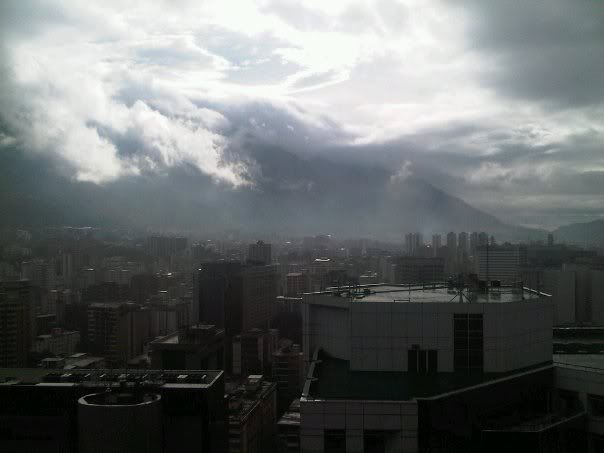




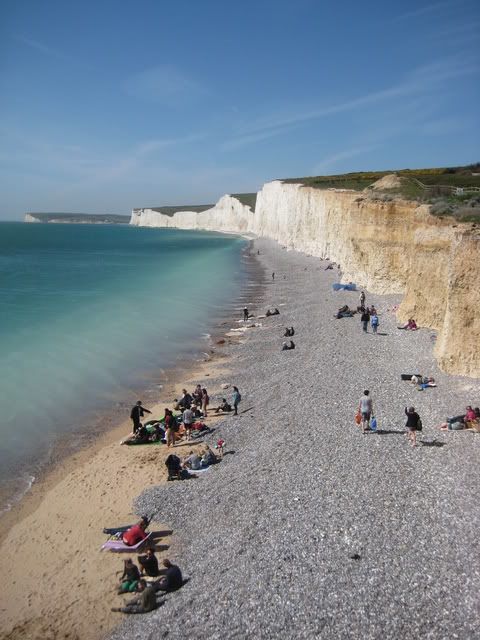
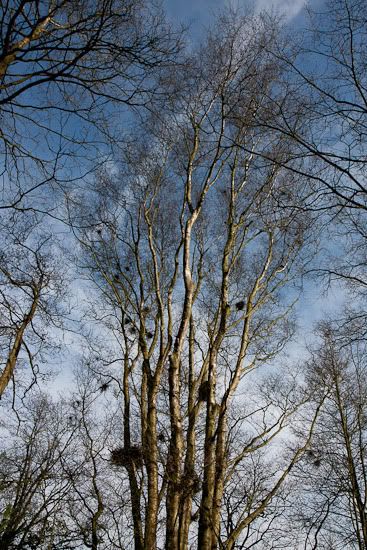



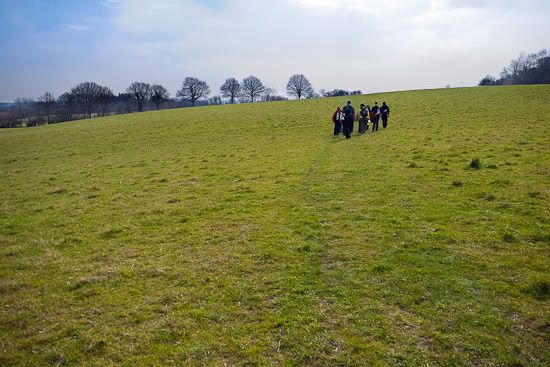

SIR ROBERT CHILTERN. [Bowing.] Every one is dying to know the brilliant Mrs. Cheveley. Our attachés at Vienna write to us about nothing else.
MRS. CHEVELEY. Thank you, Sir Robert. An acquaintance that begins with a compliment is sure to develop into a real friendship. It starts in the right manner. And I find that I know Lady Chiltern already.
SIR ROBERT CHILTERN. Really?
MRS. CHEVELEY. Yes. She has just reminded me that we were at school together. I remember it perfectly now. She always got the good conduct prize. I have a distinct recollection of Lady Chiltern always getting the good conduct prize!
SIR ROBERT CHILTERN. [Smiling.] And what prizes did you get, Mrs. Cheveley?
MRS. CHEVELEY. My prizes came a little later on in life. I don't think any of them were for good conduct. I forget!
SIR ROBERT CHILTERN. I am sure they were for something charming!
MRS. CHEVELEY. I don't know that women are always rewarded for being charming. I think they are usually punished for it! Certainly, more women grow old nowadays through the faithfulness of their admirers than through anything else! At least that is the only way I can account for the terribly haggard look of most of your pretty women in London!
SIR ROBERT CHILTERN. What an appalling philosophy that sounds! To attempt to classify you, Mrs. Cheveley, would be an impertinence. But may I ask, at heart, are you an optimist or a pessimist? Those seem to be the only two fashionable religions left to us nowadays.
MRS. CHEVELEY. Oh, I'm neither. Optimism begins in a broad grin, and Pessimism ends with blue spectacles. Besides, they are both of them merely poses.
SIR ROBERT CHILTERN. You prefer to be natural?
MRS. CHEVELEY. Sometimes. But it is such a very difficult pose to keep up.
SIR ROBERT CHILTERN. What would those modern psychological novelists, of whom we hear so much, say to such a theory as that?
MRS. CHEVELEY. Ah! the strength of women comes from the fact that psychology cannot explain us. Men can be analysed, women . . . merely adored.
SIR ROBERT CHILTERN. You think science cannot grapple with the problem of women?
MRS. CHEVELEY. Science can never grapple with the irrational. That is why it has no future before it, in this world.
SIR ROBERT CHILTERN. And women represent the irrational.
MRS. CHEVELEY. Well-dressed women do.
SIR ROBERT CHILTERN. [With a polite bow.] I fear I could hardly agree with you there. But do sit down. And now tell me, what makes you leave your brilliant Vienna for our gloomy London - or perhaps the question is indiscreet?
MRS. CHEVELEY. Questions are never indiscreet. Answers sometimes are.
SIR ROBERT CHILTERN. Well, at any rate, may I know if it is politics or pleasure?
MRS. CHEVELEY. Politics are my only pleasure. You see nowadays it is not fashionable to flirt till one is forty, or to be romantic till one is forty-five, so we poor women who are under thirty, or say we are, have nothing open to us but politics or philanthropy. And philanthropy seems to me to have become simply the refuge of people who wish to annoy their fellow-creatures. I prefer politics. I think they are more . . . becoming!
